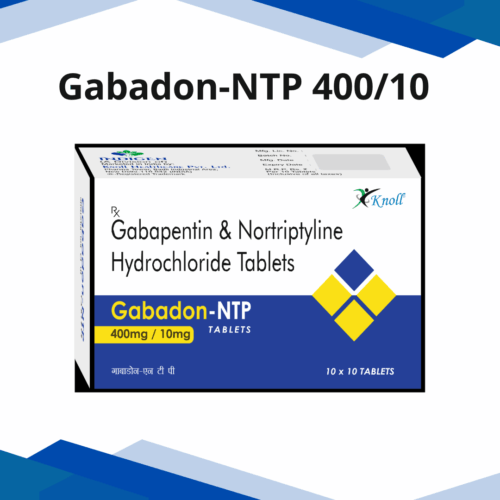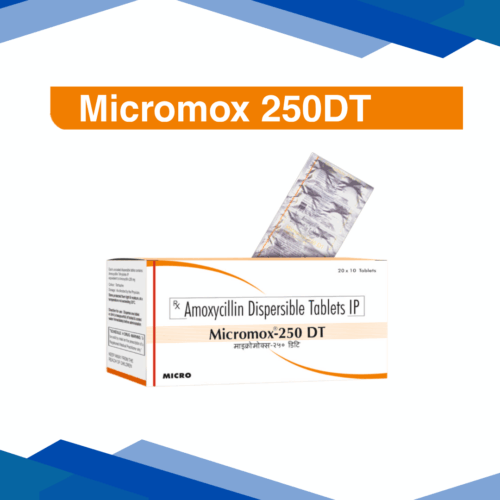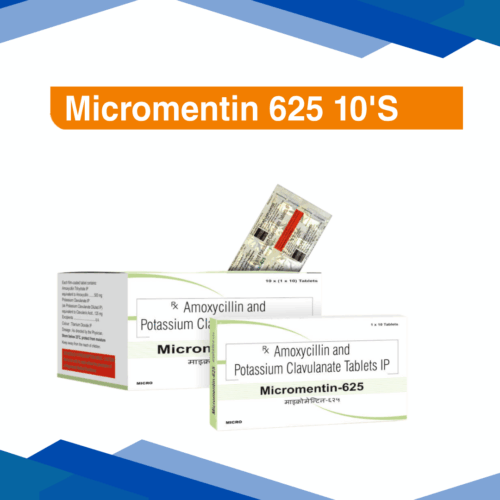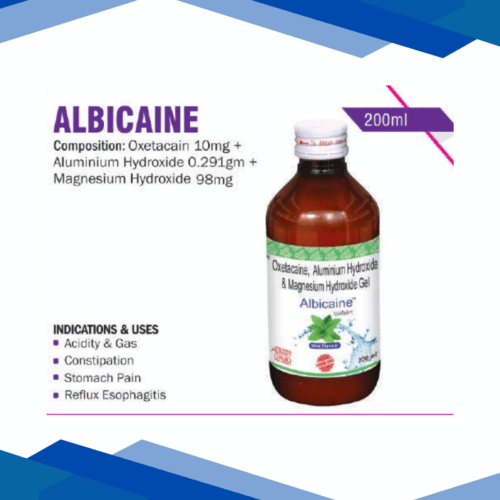Magnesium Hydroxide
OVERVIEW
A medication used to temporarily relieve constipation and heartburn
CLASSIFICATION
saline laxatives.
USES
As an Antacid: Magnesium hydroxide neutralizes excess stomach acid by reacting with hydrochloric acid in the stomach, forming magnesium chloride and water. This reaction raises the stomach’s pH, reducing acidity and providing relief from heartburn and indigestion. go.drugbank.com
As a Laxative: When taken in higher doses, magnesium hydroxide draws water into the intestines through an osmotic effect. This increased water content softens stool and stimulates bowel movements, typically within 30 minutes to six hours.
HOW IT WORKS
Magnesium hydroxide acts as an osmotic laxative. When ingested, it draws water into the intestines, which:
Softens the stool, making it easier to pass.medicalnewstoday.com+1mscenter.org+1
Increases the volume of the stool, which stimulates the muscles of the intestines to contract and move the stool along.
This combination of effects helps relieve constipation typically within 30 minutes to 6 hours after taking the medication.
DOSAGE
As directed by the physician
PRECAUTIONS
Heartburn vs Heart Attack
Heartburn (GERD) is a digestive issue where stomach acid irritates the esophagus, causing:
A burning sensation in the chest, often after eating.
A sour or bitter taste in the mouth.
Pain that may worsen when lying down or bending over.
Heart Attack symptoms can include:
Pressure, tightness, or squeezing in the chest.
Pain radiating to the shoulders, neck, jaw, or back.
Shortness of breath, nausea, cold sweat, or lightheadedness.
Symptoms may occur suddenly, often without a clear trigger.
If you’re unsure whether it’s heartburn or a heart attack, it’s essential to seek medical attention immediately.
When to Be Extra Cautious
Before taking antacids like magnesium hydroxide (Milk of Magnesia), consult a healthcare provider if you have:
Kidney disease or a history of kidney stones: Antacids can affect kidney function and electrolyte balance.
Severe constipation: Some antacids can worsen constipation.
Dehydration: Dehydration can affect how your body processes medications.
Frequent alcohol consumption: Alcohol can interact with medications and exacerbate side effects.
Always follow dosing instructions and consult a healthcare professional if you have concerns.
Bottom Line
If you experience chest pain or discomfort and are uncertain of the cause, it’s better to err on the side of caution. Seek medical attention promptly to ensure your safety.
SIDE EFFECTS
The medicine may cause serious side effects. Stop using the medicine and call your doctor at once if you have:
severe stomach pain or constipation, loss of appetite;
pain when you urinate;
muscle weakness, tiredness;
extreme drowsiness; or
bloody or tarry stools, coughing up blood or vomit that looks like coffee grounds.
DISCLAIMER
This content is for informational purposes only. Always consult a healthcare provider for medical advice and proper dosage











